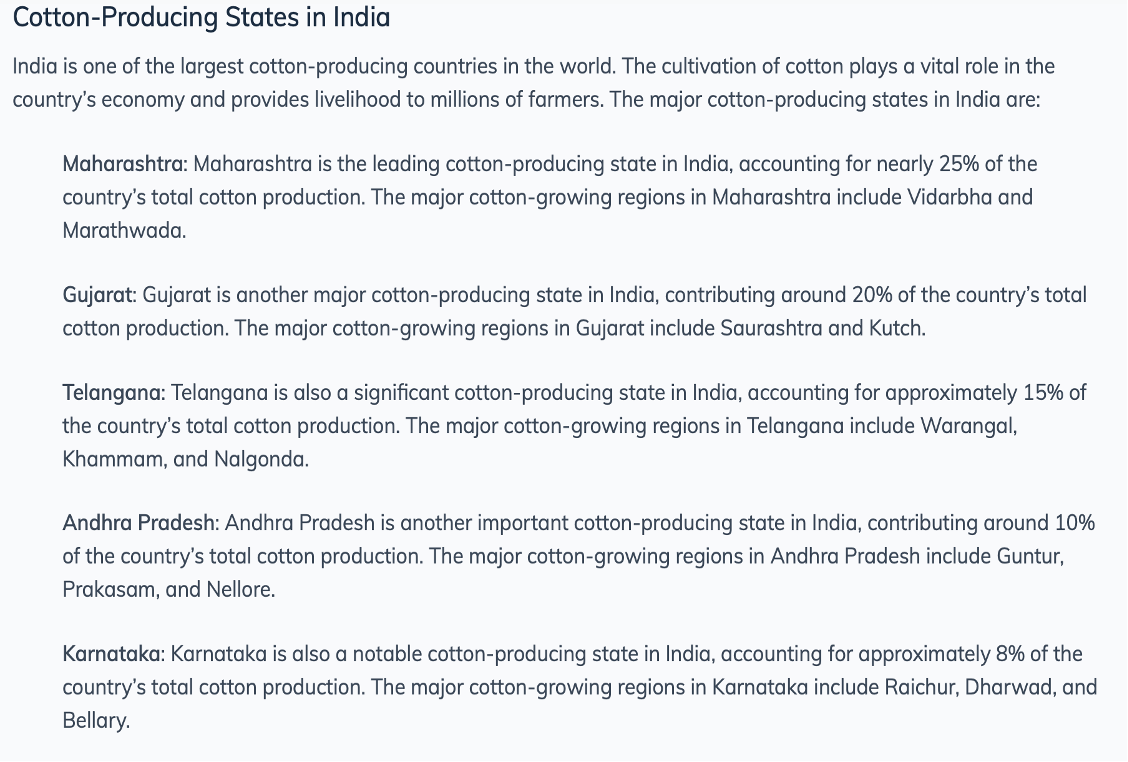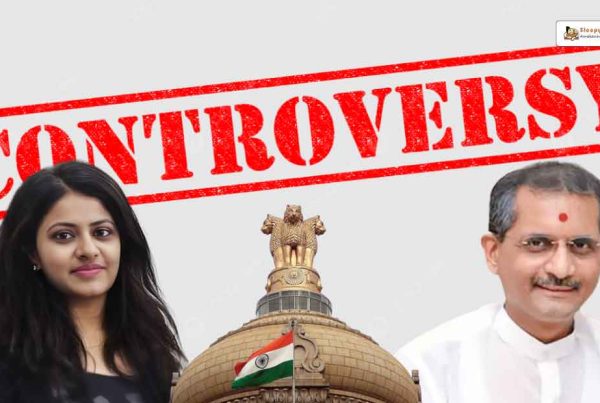Question 1
Polity | Statutory Bodies | Easy | Indian Express
SOURCE
Consider the following:
1. NGT is a statutory body.
2. The Tribunal has jurisdiction over all civil cases involving The Public Liability Insurance Act, 1991.
Which of the statements above is or are correct?
A. 1 only
B. 2 only
C. Both 1 and 2
D. None of the above
Solution & Detailed Explanation
Answer: (C) Both 1 and 2
Detailed Explanation
- The National Green Tribunal, established in 2010, as per the National Green Tribunal Act is a specialised judicial body equipped with expertise solely for the purpose of adjudicating environmental cases in the country.
- Any person seeking relief and compensation for environmental damage involving subjects in the legislations mentioned in Schedule I of the National Green Tribunal Act, 2010 may approach the Tribunal.
The statutes in Schedule I are:
- The Water (Prevention and Control of Pollution) Act, 1974;
- The Water (Prevention and Control of Pollution) Cess Act, 1977;
- The Forest (Conservation) Act, 1980;
- The Air (Prevention and Control of Pollution) Act, 1981;
- The Environment (Protection) Act, 1986;
- The Public Liability Insurance Act, 1991;
- The Biological Diversity Act, 2002.
- The Tribunal has jurisdiction over all civil cases involving a substantial question relating to the environment and the question. Additionally, any person aggrieved by an order/direction of any of the Appellate Authorities under the legislations mentioned above can also challenge them before the National Green Tribunal.
Question 2
Governance | Schemes | Easy | Indian Express
SOURCE
Consider the following:
1. The JJM was launched in the year 2015.
2. The JJM was extended till 2028 in the 2025 budget.
Which of the statements above is or are correct?
A. 1 only
B. 2 only
C. Both 1 and 2
D. None of the above
Solution & Detailed Explanation
Answer: (B) 2 only
Detailed Explanation
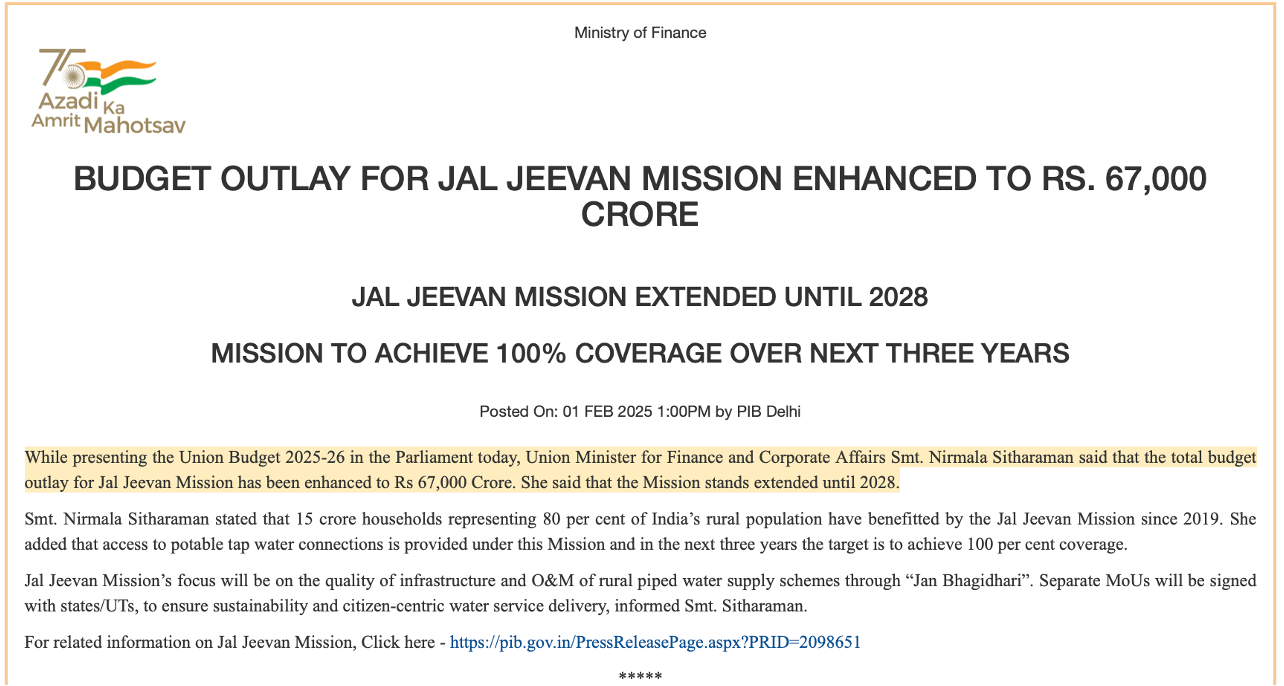
Question 3
Polity | Fundamental Rights | Easy | Indian Express
SOURCE
The word public order was added to the constitution by which amendment?
A. 1st CAA
B. 2nd CAA
C. 3rd CAA
D. 4th CAA
Solution & Detailed Explanation
Answer: (A) 1st CAA
Detailed Explanation
Need of amendment of Article 19(2)
- When the Constitution was adopted, the barriers to free speech and expression included ‘security of state’, ‘decency or morality’, ‘contempt of Court’, and ‘defamation’. With the First Amendment, the following three restrictions were added to Clause 2 of Article 19:
- Friendly relations with foreign states- This was added to prohibit any kind of malicious propaganda against a foreign nation. This addition was an attempt to build friendly relations with foreign states.
- Public Order- This barrier was constructed in response to the case of Romesh Thappar v. The State of Madras (1950). The Supreme Court observed that the ambit of Article 19(1) was so large that it can even acquit a person charged with the offence of murder.
- Also, the Court stated that the expression ‘security of state’ is not comprehensive enough to include the concept of ‘public order’. This decision was sufficient to introduce an amendment to Article 19(2).
- In the case of Babulal Parate v. State of Maharashtra and Others (1961), the Supreme Court examined the ambit of restriction ‘public order’. In this case, Section 144 of the Code of Criminal Procedure, 1908 was upheld on the ground that it was a reasonable restriction to prevent a person from carrying out certain acts if those acts were likely to disturb public tranquillity or result in a riot or an affray.
- Incitement to an offence- This is a limitation on free speech in the form of opinions or agitations on the involvement of an accused in any crime.
Question 4
Polity | Citizenship | Medium | Indian Express
SOURCE
Consider the following:
1. Lifetime Indian Visa
2. Right to Vote
3. Right to acquire agricultural property
4. Aadhaar Card
How many of the above are OCI card holders not allowed?
A. Only one
B. Only two
C. Only three
D. All four
Solution & Detailed Explanation
Answer: (C) Only three
Detailed Explanation
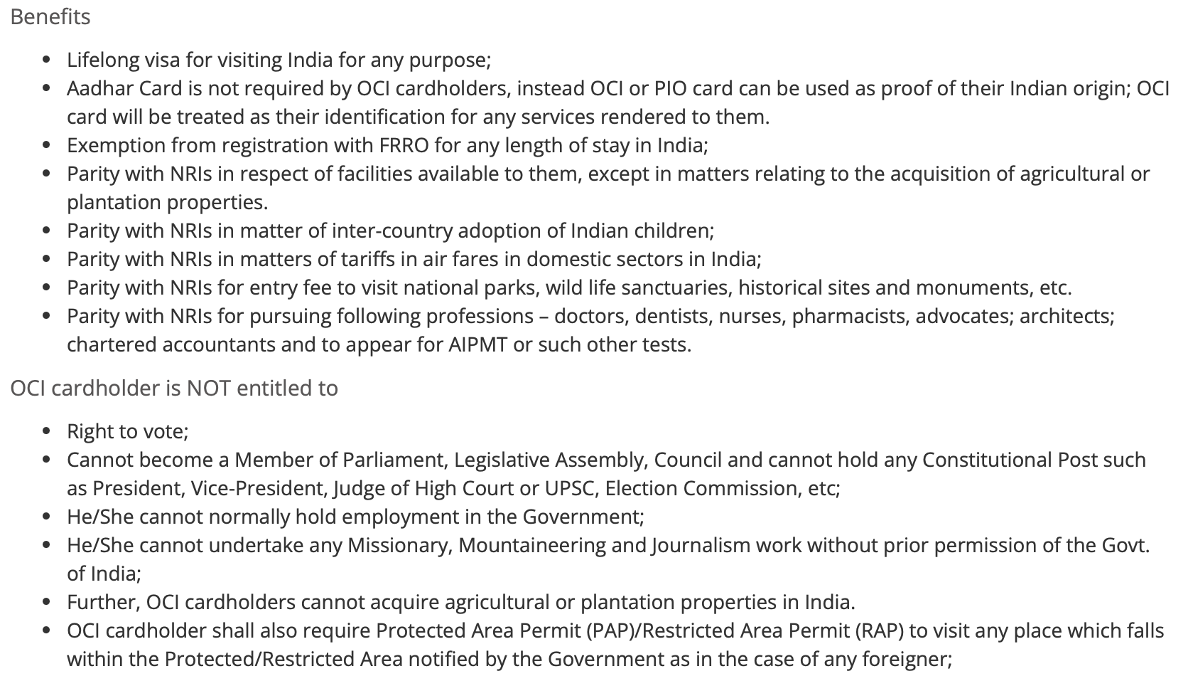
Question 5
Science and Technology | Space | Easy | Indian Express
SOURCE
Consider the following with respect to Hanle Astronomical Observatory.
1. It is situated at an altitude of 5000 metres above mean sea level.
2. A 2-m optical infrared telescope is installed at the observatory.
Which of the statements above is or are correct?
A. 1 only
B. 2 only
C. Both 1 and 2
D. None of the above
Solution & Detailed Explanation
Answer: (B) 2 only
Detailed Explanation
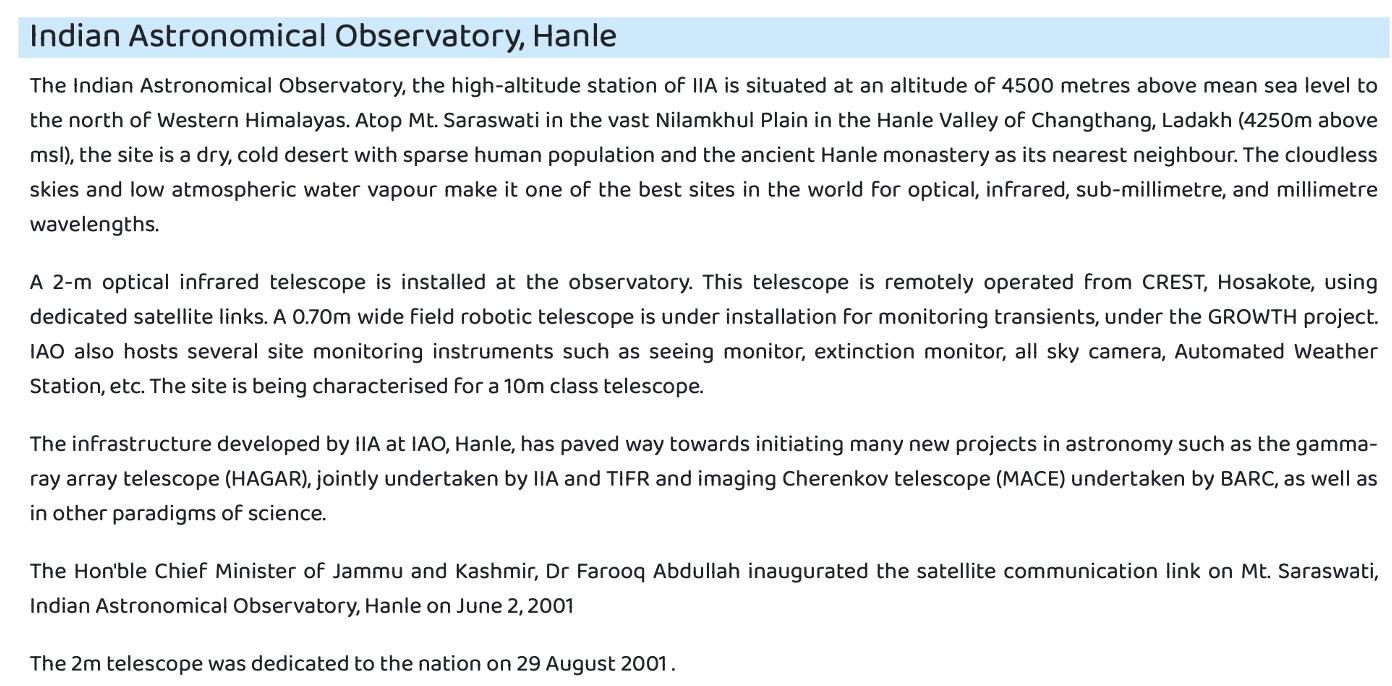
Question 6
Geography | Climate Change | Medium | Indian Express
SOURCE
Consider the following:
1. Urban Heat Islands
2. Reduced Forest Cover
3. Vehicular Emissions
4. Concrete Buildings
How many of the above-mentioned sources are responsible for high temperatures in Urban areas?
A. Only one
B. Only two
C. Only three
D. All four
Solution & Detailed Explanation
Answer: (D) All four
Detailed Explanation
- Structures such as buildings, roads, and other infrastructure absorb and re-emit the sun’s heat more than natural landscapes such as forests and water bodies.
- Urban areas, where these structures are highly concentrated and greenery is limited, become “islands” of higher temperatures relative to outlying areas.
- These pockets of heat are referred to as “heat islands.”
- Heat islands can form under a variety of conditions, including during the day or night, in small or large cities, in suburban areas, in northern or southern climates, and in any season.
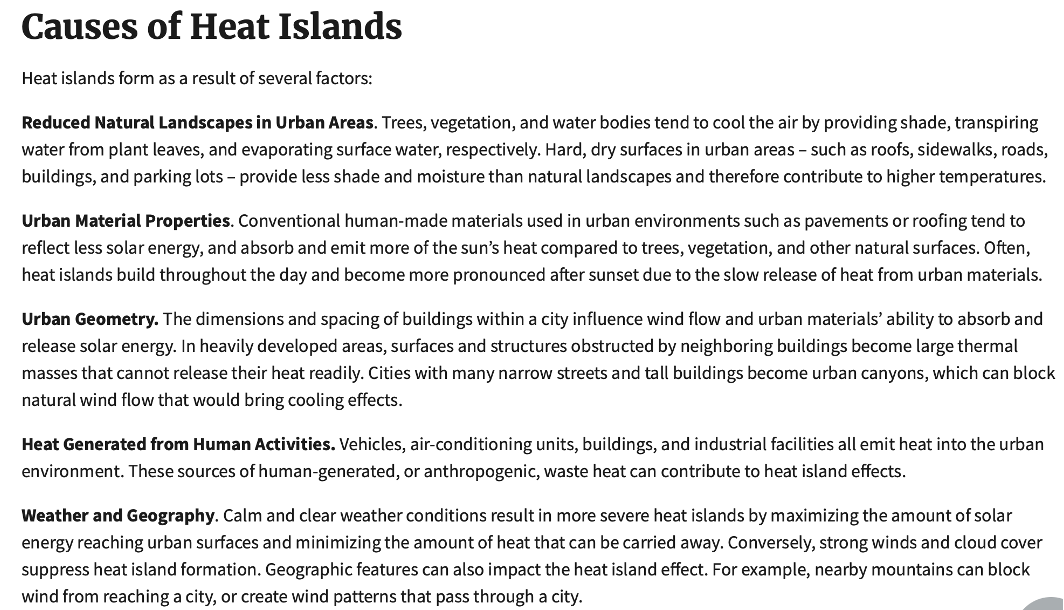
Question 7
Geography | Agriculture | Medium | The Hindu
SOURCE
Arrange the following cotton producing areas in ascending order:
1. Andhra Pradesh
2. Gujarat
3. Karnataka
4. Telangana
Choose the correct order:
A. 3,1,4,2
B. 3,4,2,1
C. 3,2,4,1
D. 3,1,2,4
Solution & Detailed Explanation
Answer: (A) 3,1,4,2
Detailed Explanation
